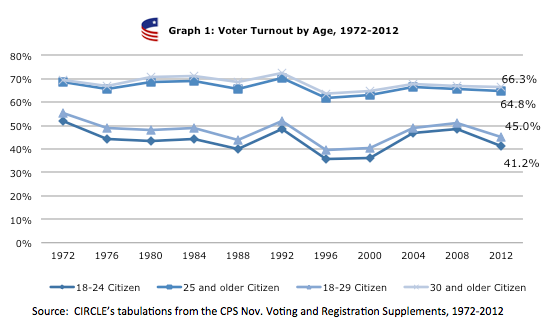- Facebook28
- Total 28
Is this a good exam question?
“What are the dangers to a democracy of a national police organization, like the FBI, which operates secretly and is unresponsive to criticism?”
In the late 1950s, applicants to the University of California had to write a 500-word essay to demonstrate their writing skills. This was one of the topics they could choose in 1959. Reviewing a book by Adam Hochschild, Seth Rosenfeld writes that the essay prompt caused FBI Director J. Edgar Hoover to “issue a blizzard of orders”:
One FBI official drafted a letter of protest for the national commander of the American Legion to sign; other agents mobilized statements of outrage from the Hearst newspapers, the Catholic Archdiocese of Los Angeles, and the International Association of Chiefs of Police. An FBI man went to see California Governor Edmund G. Brown and stood by while Brown dictated a letter ordering an inquiry into who wrote the essay question.
Hoover himself wrote to members of the university’s board of regents, who swiftly apologized. But his ire did not subside; he ordered an FBI investigation of the university as a whole, assigning an astounding thirty employees to the task. The result was a sixty-page report, covering professorial transgressions that ranged from giving birth to an illegitimate child to writing a play that “defamed Chiang Kai-shek.” The report also noted that seventy-two university faculty, students, and employees were on the bureau’s “Security Index.” This was the list Hoover kept of people who, in case of emergency, were to be arrested and placed in preventive detention, as in the good old days of the Palmer Raids.
It is amusing that Hoover was so upset to see the FBI described as “unresponsive to criticism” that he went into hyperactive response mode.
As someone who has written exam questions for the feds, editorialized about the US citizenship test, and advocated professionally for better assessment of civics at the state and national level, I would insist that testing kids is never value-neutral or “scientific.” It is always a matter of deciding what is good to know and believe (and who has a right to decide).
By the way, not testing students is also a decision. You cannot run an educational system–public or private, a kindergarten or UC Berkeley–without taking a stand on what people should know.
Of course, the University of California was not out to assess civics in 1959. The offending question was part of an English composition test. But an aspect of communicating well is being able to defend one’s own opinions about topics that are important. UC decided that the potential threat posed by the FBI was an important issue, hence a good essay prompt. Implicitly, they were saying something about citizenship. If they had deliberately avoided political controversy in their writing prompts, they would also have made a judgment about what students should be able to do–just a different judgment.
The president of the UC system, Clark Kerr, ultimately lost his job as a result of this particular choice, and his battle with Hoover seems to have helped Ronald Reagan win the governorship, without which he wouldn’t have been president. So the stakes were high. The story is a helpful reminder that controversies about citizenship, testing, and higher ed are hardly new. We must simply make the best judgments we can and defend them with public reasons.
